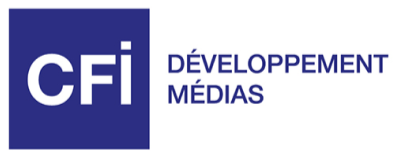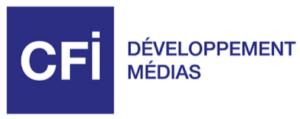1- What is popularity bias?
Popularity bias is a psychological phenomenon that leads individuals to believe that an idea, piece of information, or product is better or more reliable simply because it is popular. This bias manifests itself when we assume that if many people hold a certain opinion or follow a trend, it must be correct or of high quality.
This bias is often reinforced by social media, where the popularity of content is reflected in a greater number of likes, shares, or comments. The more something is seen by a large number of people, the more credible or desirable it becomes, even if this popularity is not necessarily synonymous with truthfulness or quality.
2- The mechanisms of popularity bias
Popularity bias is based on deep psychological and social mechanisms that influence how we perceive and make decisions. It can be explained mainly by two phenomena: social conformity and social proof.
Social conformity:
Social conformity refers to the tendency of individuals to adopt the behaviors, attitudes, or beliefs of the group to which they belong, often in order to be accepted or to avoid being excluded. This phenomenon is particularly visible in contexts where social pressure plays an important role, such as in social interactions, fashion trends, or on social media. Following the majority reduces uncertainty and makes us feel validated, because being in tune with others gives us a sense of security and belonging.
Social proof:
Social proof refers to our tendency to judge the quality of something based on its popularity. If a product, idea, or person is widely supported, we are more inclined to value or believe in it. This explains, for example, why customer testimonials and reviews influence our purchasing decisions so much: the more popular something is, the more we tend to consider it reliable.
The effect of social proof is particularly powerful in situations of uncertainty. When we are unsure of what to think or do, we naturally tend to look at what others are doing and adopt their behavior.
3- Popularity bias, fake news, and social media
Popularity bias plays a key role in the spread of fake news and conspiracy theories. Widely shared information, even if false or misleading, tends to be perceived as more credible simply because of its popularity.
This phenomenon partly explains the speed with which false information spreads, particularly on social media. These platforms favor the visibility of content that generates the most interactions, such as likes, shares, and comments. As a result, the more an item of information is shared, the more it may be considered legitimate, which reinforces its spread, even if it is false.
4- How can popularity bias be countered?
To avoid falling into the popularity bias trap, it is essential to seek out reliable information and not rely solely on the popularity of a source or opinion. Here are some tips for limiting the impact of this bias:
Check the facts: Don’t settle for arguments such as “everyone is talking about it” or “everyone says so,” but look for solid evidence to back up the information.
Be a critical consumer: Don’t get carried away by the number of views or “likes,” but question the source, accuracy, and context of the information being shared.
Diversify your sources: Consult information from a variety of sources to avoid getting stuck in a popularity bubble.
Popularity bias is a ubiquitous phenomenon that influences our choices, beliefs, and behaviors. It is particularly problematic in the context of misinformation and conspiracy theories, where the popularity of an idea can be confused with its truthfulness. By becoming aware of this bias and adopting a more critical approach to what is popular, we can avoid making choices based solely on the masses and promote better decision-making.






